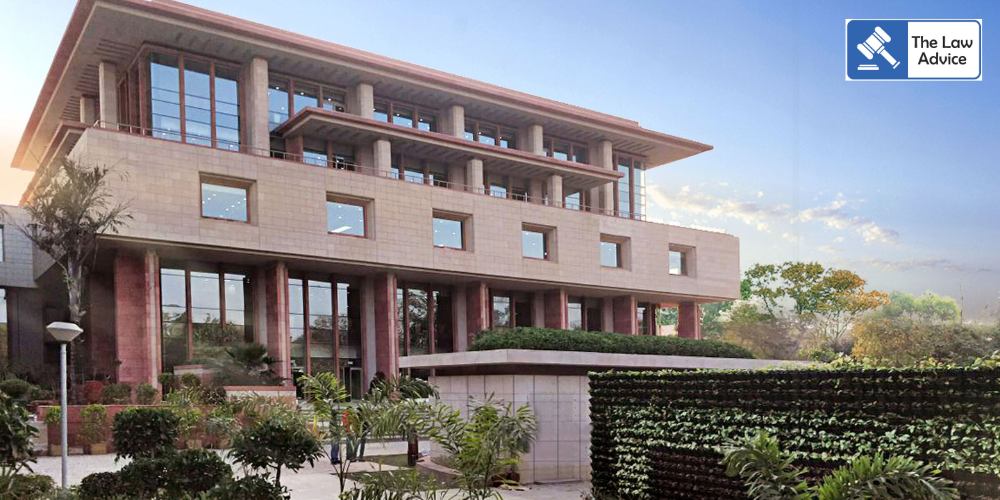The Delhi High Court has finally disposed of a 38-year-old probate dispute, observing that the prolonged pendency exemplifies the “friction” in the wheels of justice—an issue highlighted by the Supreme Court in Yashpal Jain v. Sushila Devi (2023).
Justice Purushaindra Kumar Kaurav noted that the matter, filed in 1987, took nearly four decades to conclude, during which most original parties passed away and several counsels changed.
“The justice delivery system functions on mutual trust between the Bar, the Bench, and the parties. Each stakeholder—litigant, counsel, and Court—bears a shared responsibility towards upholding its integrity. Any lapse diminishes confidence in the system as a whole,” the Court observed, adding that such delays clog the system, prolong litigation, and create space for administrative lapses—all to the detriment of litigants.
The petitioner, the sole executrix of the Will of Raja Pratap Bhan Prakash Singh, had originally sought probate in 1987. The petition was later converted into one seeking letters of administration.
The Will was contested by the testator’s widow and children, who alleged suspicious circumstances, undue influence, lack of testamentary capacity, and involvement of ancestral property which, according to them, could not have been bequeathed.
The Court noted that one attesting witness had clearly deposed that:
• the testator signed the Will in the presence of both attesting witnesses,
• the execution took place at the testator’s residence,
• and nothing on record impeached the testator’s mental competency.
The respondents argued suspicious circumstances based on:
• the testator’s medical condition,
• alleged ancestral nature of properties,
• strained relations within the family,
• similarities between the Will and the petitioner’s affidavit.
However, the Court found these allegations unsupported by evidence.
“The alleged circumstances fail to make out a reasonable case against the credibility of the execution of the Will, as they are neither supported by any material nor by the surrounding set of facts,” it held.
The Court further observed that mere exclusion of natural heirs does not automatically render a Will suspicious, particularly when the Will itself explains the reasons.
“It is not a case of unexplained silence regarding exclusion of natural heirs. The Will is self-explanatory. The testator recorded the matrimonial discord with his wife and stated that his children were hostile and disaffectionate towards him.”
Finding no infirmity in the execution or validity of the Will, the Court allowed the executrix’s petition and directed issuance of letters of administration.
Appearance
• Dr. Meenakshi Kalra, Mr. S.N. Kalra, Mr. Gade Meghana, Mr. Kamal, Ms. Anjali Chaudhary, Ms. Sakshi Gupta, Advs., with Madhulika Tripathi (in person);
• Ms. Avni Singh, Panel Counsel for R-1;
• Mr. Rishi Matoliya and Ms. Achal Singh Bule for R-5;
• Ms. Francesca Kapur for R-2 to R-4.
Case Details
Title: V. Prabha & Ors. v. State & Ors.
Case No.: TEST.CAS. 4/1987
